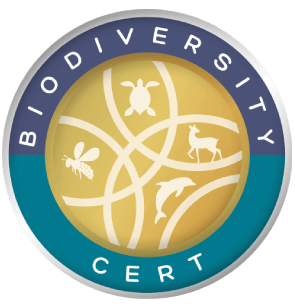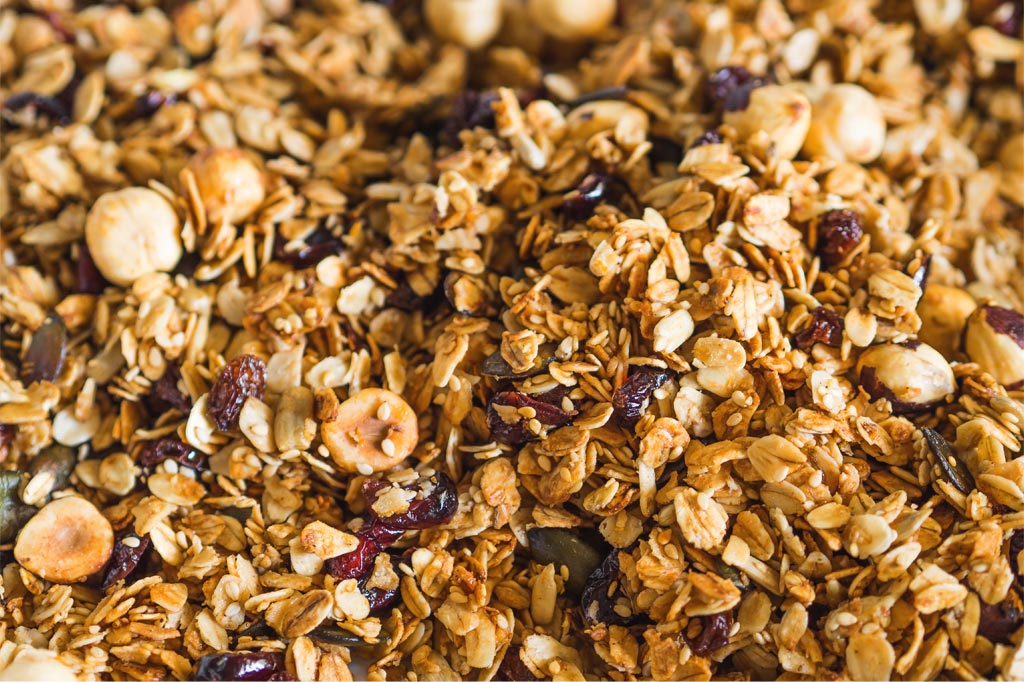
Organic market has seen a surge in the last few years which has created opportunity for farmers, producers and retailers. Today, the world is demanding organic and are willing to pay a price higher for, food and fiber delivered as per the India Organic Standards. Therefor to enter this organic market, farms and processes must meet the compliance and get certified.
The new age auditing requires much more than just human and checklist documents. The introduction of technology at every field has shown significant impact on accuracy. In order to build a trust-based system, auditing should also be integrated with modern technologies to get authentic results.
Biodiversity cert acts as a solution where the idea of new age auditing is discovered. We help organizations evaluate their performance through 3 Ps of Sustainability, People, Planet and Profit by using our suite of technologies. Our audit procedure involves capture and analyze real-time satellite data and data from IoT (Internet of Things) devices and drones, which we call as triangular auditing. Moreover, these data are further utilized to generate biodiversity assessment report of the client’s supply chain.
We are initiating services in the Indian region as represented in the map below. Our services include certifying the organic producers and farms of India to have a competitive advantage over the non-certified sellers. Also, we are expecting to expand our services worldwide in future. At present, if you are within the area represented in the map, please contact us to provide you our services. We are expected to offer our services for the following categories (applied under APEDA scope).
Flowering Seeds

When cultivated conventionally, it uses a lot of pesticides and fertilizers that degrade the soil and contaminate the water, but when grown organically, it aids in boosting soil fertility.
Textile-based (Cotton, Flax, Hemp, Ramie, Jute)
Hemp
Hemp is already an environmentally benign fiber, requires nothing in the way of pesticides or herbicides, and increases the soil fertility in the areas where it is produced. Growing it organically can be a beneficial alternative for the environment and climate change because the only way it has an impact on the environment is through the emission of CO2 into the atmosphere during their manufacturing.
Cotton

Rivers, lakes, wetlands, and subterranean aquifers are contaminated by the runoff of pesticides, fertilizers, and minerals from cotton farms. organic cotton production uses natural compost and manure which leads to less carbon emission. It also avoids water contamination because it is produced without the use of chemicals.
Flax

One of the most environmentally friendly fabrics is organic flax, which frequently reaches the organic standard unassisted with a lower environmental impact. It needs a little more than hemp but substantially less than cotton in terms of fertilizers and insecticides.
All fresh Fruits and Vegetables

In addition to soil compaction, loss of organic matter, water holding capacity, and biological activity, salinization (increased salinity) of soils in heavily irrigated farmed areas as a result of conventional farming can also contribute to a decline in soil productivity. Many environmental changes are long-term and take place gradually over time. Organic farming takes into account the agro-short-, ecosystem‘s medium-, and long-term effects of agricultural activities. It seeks to generate food while creating an ecological balance to stop pest or soil fertility issues. Organic farming employs a preventative strategy as opposed to responding to issues as they arise.
Rice (Basmati/Non-basmati)

The typical requirement for conventional rice farming is for significant flooded areas. Numerous greenhouse gases, including carbon dioxide, methane, nitrogen oxides, and their derivatives, are produced under these circumstances. Its cultivation is accountable for the release of significant quantities of these gases and significantly impacts global warming. Consumer health, the use of organic fertilizers that restore soil fertility, environmental sustainability, and an increase in farmers' income due to the higher selling price than non- organic farming are all advantages of organic rice growing.
All cereals related crop

The farming of cereals causes numerous issues for both the environment and human health. Environmental concerns are raised by production practices like irrigation and the use of large amounts of fertilizers and chemicals. Organic agriculture is a viable choice because it generates fewer emissions and pollutants.
Poultry products

The agro-food sector uses a lot of resources and generates a fair quantity of trash. In this industry, it is common knowledge that animals can harm the environment, and laying farms are no exception. Specifically, the production of feed, energy use, and emissions from housing and waste management are three major factors that contribute to the negative environmental effects of poultry farms.
Dairy products

2.9 percent of all human-induced greenhouse gas emissions come from the dairy industry. In addition, dairy production in intensive agricultural systems significantly contributes to soil erosion and deforestation, as well as air and water pollution.
Honey

Through their pollination of several plant species whose fertilization necessitates the presence of a pollinator, honey bees play a critical role in preserving biodiversity. Honey bee species that are strongly correlated to their environment are certain to be impacted by a change in climate conditions. They are extinct because of excessive chemical, pesticide, and fertilizer use. They are a vital component of the environment, so specific measures must be done to preserve them.
Textile based (wool and silk)

The manufacture of wool and silk has a terrible effect on the environment. The production of greenhouse gases and wastes during the farming and processing of wool contaminates the air, soil, and water. The manufacture of wool has a terrible effect on the environment. The production of greenhouse gases and wastes during the farming and processing of wool contaminates the air, soil, and water. Wool can be effectively replaced by a variety of eco-friendly fabrics, including organic cotton, hemp, linen, and recycled fibers.
Biodiversity cert offers India Organic certification services for farms, producers, retailers, distributors, processors, and mills. We give our clients a complete digital experience from application to certificate. Our suite of triangular technologies as satellite, IoT and drone farm perform high-tech tasks and evaluate the environmental and organic compliance. Moreover, our professional inspector collect sample for DNA testing. These technologies and DNA proofing makes our system trust-based and more authentic to claim your products as organic.
© 2024 BDR Certification | All Rights Reserved | Developed by Dealing with Designs